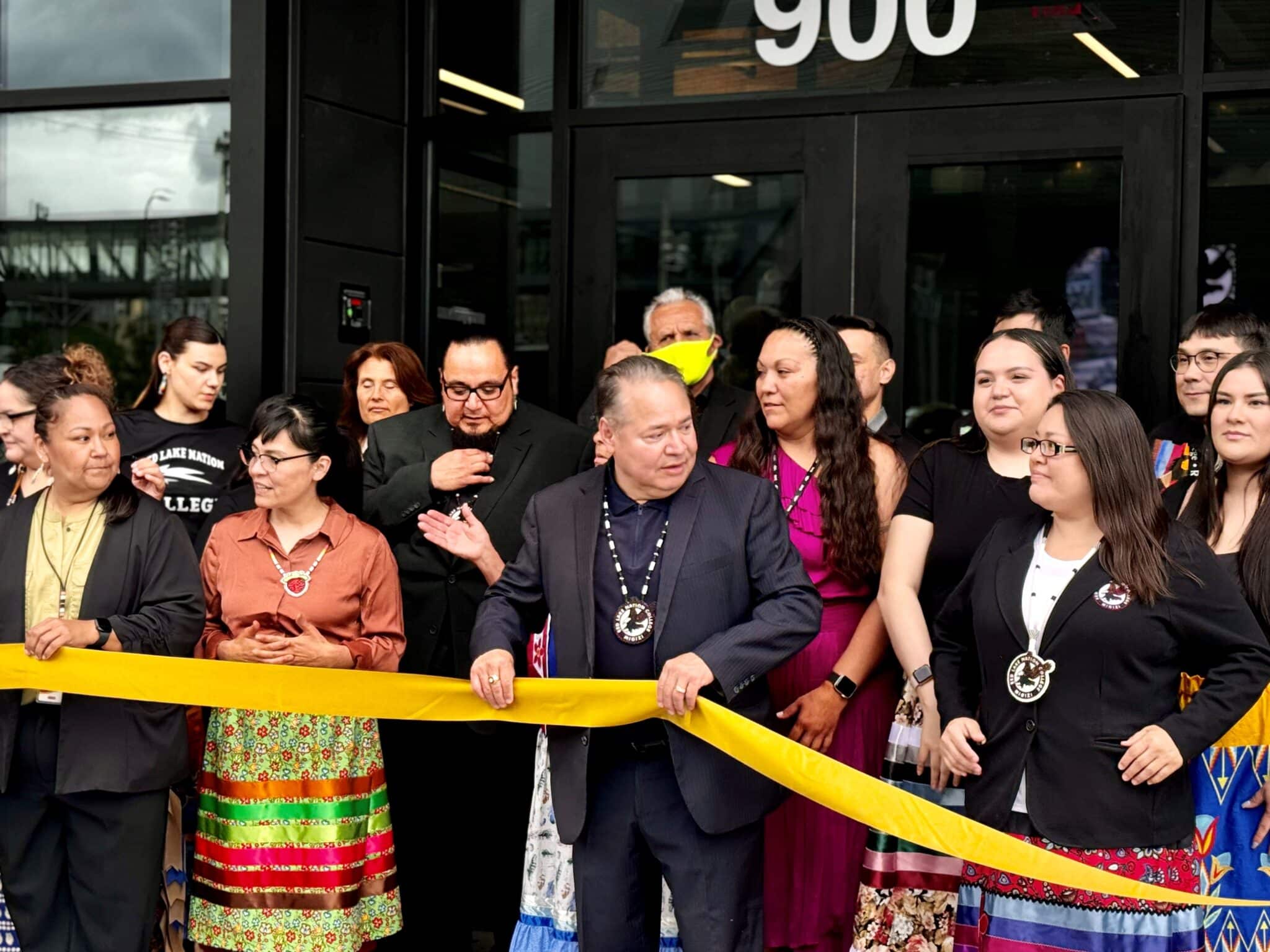Laurie Heacock is a data coach and previously served as the senior advisor of data and analytics and the vice president of data, technology, and analytics at Achieving the Dream. In 2021, she was awarded the inaugural President’s Award for Excellence by Dr. A Karen Stout. For twelve years, Laurie has supported dozens of ATD Network colleges as they work to build data capacity, engage in equity-centered design, and scale innovative practices to support students. Laurie has also managed ATD’s engagement with the Postsecondary Data Partnership (PDP), a national data collective managed by the National Student Clearinghouse that empowers institutions with dashboards and analysis-ready files to inform evidence-based decisions, engage in sense-making, and advance equity. Laurie also served on the Aspen Prize Data/Metrics Advisory Panel for the 2019–2023 prize cycles.
From the inaugural event in 2015 through 2021, Laurie led the ATD Data & Analytics Summit, an annual event for college leaders, faculty, and data experts to explore innovative ways to build analytic maturity and cultivate a culture of evidence and inquiry for continuous improvement. This year, the summit theme is Creating Equitable & Inclusive Communities. Learn more and register here.
Q&A
Q. What first brought you to the community college space? What has kept you here?
A. My first job out of graduate school in 1987 was as a research analyst at what is now called the College of Southern Maryland. I fell in love with the open-access mission of community colleges, the diversity of the students they serve, and using data for good. Thirty-five years later, I remain passionate about the transformative power of higher education, the mission of community colleges, and helping individuals and institutions make data-informed decisions to achieve equitable outcomes. The throughline for me has been the continuous journey of discovery, learning and being a part of a peer network working toward common goals and collective impact. The highlight of every DREAM conference is our DREAM Scholars who share their stories of hope, promise, and resilience. That is my why.
Q. Before joining ATD, you held multiple data leadership positions at community colleges, including district director of institutional research at Broward College. How has your time spent in an institutional researcher’s shoes informed your coaching philosophy?
A. I was an institutional researcher at three community colleges before joining ATD. The institutions varied in size, urbanicity, state policy context, and student populations served. I also served five years as an academic advisor and taught math as an adjunct faculty member. Having that practitioner experience helped me look at data from multiple perspectives, understand different state and institutional contexts, and recognize the value of partnering across the institution to cultivate a culture of inquiry. Hearing student stories in the classroom and as an advisor helped me shift from a research focus on the statistical significance of results to the meaningful significance — the impact on students.
Q. You began working with ATD Network colleges in 2010 — over a decade ago. How has the data landscape changed since then?
A. When I began coaching, the national narrative was primarily focused on a completion agenda — specifically, increasing completion rates for low-income students and students of color. With completion as the end goal, data coaching focused on analyzing how many students made it through the onboarding process to the first day of class and through the path to completing a credential. We examined when and where students were dropping and stopping out, momentum through coursework, and the redesign of systems and practices for student success.
While we continue to focus on enrollment, momentum, and attainment, completion is now viewed as a milestone metric with the end goals being greater social and economic mobility for students. These goals are achieved through upskilling, reskilling, credential attainment, and the elimination of inequities in educational and workforce outcomes. We are focused on connecting and reconnecting with those populations that have not historically been served. Equity, particularly racial equity, is now central to the way collect, interpret, and communicate data to inform how colleges identify and close equity gaps and create culturally responsive campus climates.
—
“When colleges embrace analytics as a team sport, the lens through which we view data widens.”
—
Q. ATD is an organizational partner of the Postsecondary Data Partnership (PDP). How has the PDP supported equity and improved outcomes within the colleges that you coach?
A. Institutions that participate in the PDP have access to dashboards and detailed, analysis-ready data sets that include comprehensive metrics on new student enrollment, progression, completion, transfer, and time to a credential. With a focus on advancing equity, he PDP data tools enable institutions to monitor and act on early momentum metrics that help predict completion. Institutions can also apply an intersectional lens, disaggregating data to identify who is experiencing inequities, and engage faculty, staff, and administrators in critical reflection and sense-making to address those gaps.
Our Network colleges are using the PDP dashboards to monitor and evaluate the impact of pathway reforms, strategic enrollment management, and progress in achieving strategic plan goals. Some institutions that already have robust data systems use the PDP to supplement their data with transfer and benchmarking dashboards. Colleges are using the analysis-ready datasets in innovative ways to build program-level dashboards, evaluate the effectiveness of promising and high-impact practices on course outcomes, design holistic student supports, and conduct targeted student outreach.
Q. What do you think the future of data looks like? How can colleges use data to play a pivotal role in creating equitable, inclusive communities?
A. I think the demand will continue to increase to derive more value from data. More community colleges are offering programs in data science and analytics and embedding data skills across the curriculum to meet labor market demand. As colleges prioritize transformative change and data culture, we’ll see more chief data officer–type roles, the inclusion of data literacy as a required job competency, and investment in professional development on using data to inform programs, policies, and practices.
When colleges embrace analytics as a team sport, the lens through which we view data widens. Colleges can use data to identify opportunities to expand access and connect with their communities, efforts that drive equity and antiracism, foster a sense of belonging, advance economic mobility, and demonstrate the return on education. This in turn will create more inclusive, equitable, and economically vibrant communities.

